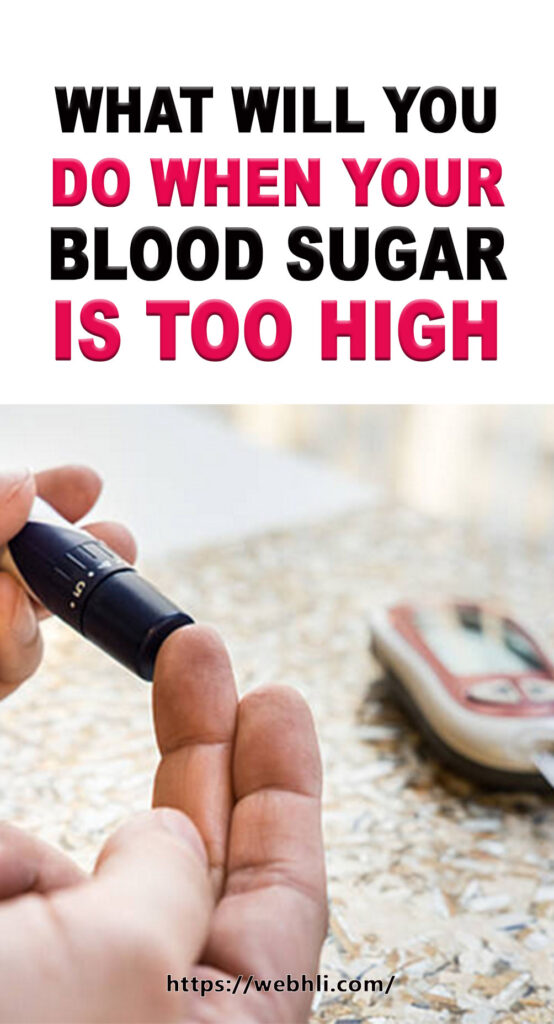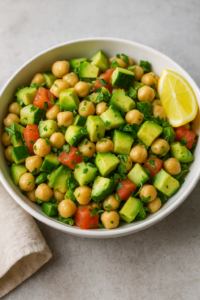
One of the side effects of Type 1 or Type 2 diabetes is hyperglycemia, or high blood sugar. While this might not sound like a serious complication, it can cause a host of medical conditions.
But it's important to know in Type 2 diabetes, high insulin levels come first. When you cells become resistant to insulin, high blood sugar follows. Your body doesn't want the sugar to be so high, so the pancreas keeps producing insulin. It actually pours it out to match the sugar, in an effort to get it into your cells.
Check out these related articles, too:
Control Your Diabetes Better With These Helpful Tips
Gastroparesis - A Challenge to Control
Blood Sugar Control and Diet - A Plan to Reverse Diabetes
Diabetes Natural Home Remedies – Worth a Try?
Can Magnesium Prevent Diabetes?
Zinc Shown to Promote Insulin Production In Diabetics
Prevent Side Effects From Diabetes Drugs
Why You Should Stop Taking Drugs for Your Diabetes
Checking the sugar in the foods you love can be discouraging as you
The main ramification of high blood sugar has to do with small blood vessel disease. Injured blood vessels:
- in the eyes can cause blindness,
- in the kidneys can cause kidney failure,
- in the nerves, it can lead to neuropathy, and
- more.
The trick to handling hyperglycemia is to start treatment early.
Suffering from hyperglycemia can land you in the hospital. Each time you experience high blood sugar, you risk developing one of the above-mentioned conditions. How do you stop these conditions before it takes too heavy of a toll on your health?
1. Closely monitor your blood sugar. You can't take action unless you are aware you need to do so. This means monitoring your blood sugar on a frequent basis... not just when you don't feel well.
2. Know what to look for. Hyperglycemia is characterized by a dry mouth brought on by excessive thirst, feeling lethargic and sluggish with little or no energy and blurred vision. While these might sound a lot like hypoglycemia, or low blood sugar, it is still worth checking out. Don't assume what the symptoms represent.
3. If you are experiencing high blood sugar levels, you have to bring them down quickly. One way to do this is through exercise. Since sugar, or fuel, is necessary in order to exercise then it is the perfect solution for burning off too much sugar. Just make sure of two things: check your blood sugar before you start and halfway through your exercise. And only carry out a low-impact routine.
4. In the event your levels are too high, such as 300 mg/dL (16.6 mmol/L) or more, then don't try to exercise. Instead, call your doctor immediately to have them advise you. If you can't get in touch with your doctor quickly, go to the hospital... do not hesitate.
5. Drink plenty of water. This will help your body flush out the sugar. The more water you can drink, the better.
6. Your medication. Make sure to take your exact doses at the designated times. If you are on insulin, it might need to be adjusted for how you are currently feeling. Let your doctor make that determination.
7. Watch your food intake. If your blood sugar is up, you need to adjust your food intake accordingly.
There has to be a reason your reading is abnormal. One of the reasons could be lack of exercise. Exercising changes the way your body processes foods and the way it responds to insulin. Another reason could be eating large food portions.
Good Energy Food for Diabetics
10 Simple Food Concepts Every Person Living With Diabetes Should Know
Making Cheesecake For Diabetics
Enjoy the Taste and Benefits of Diabetic Foods
Will The Mulberry Leaf Help Your Diabetes?
5 DIABETIC FRIENDLY SALADS Some Tasty
DIABETIC LEMON COCONUT COOKIES Some Tasty
How do you start to create a healthy lifestyle today so you can avoid hyperglycemia or high blood sugar?
For nearly 25 years Beverleigh Piepers has searched for and found a number of secrets to help you build a healthy body.
The answer isn't in the endless volumes of available information but in yourself.
Article Source: http://EzineArticles.com/7145536



 Protected by Patchstack
Protected by Patchstack